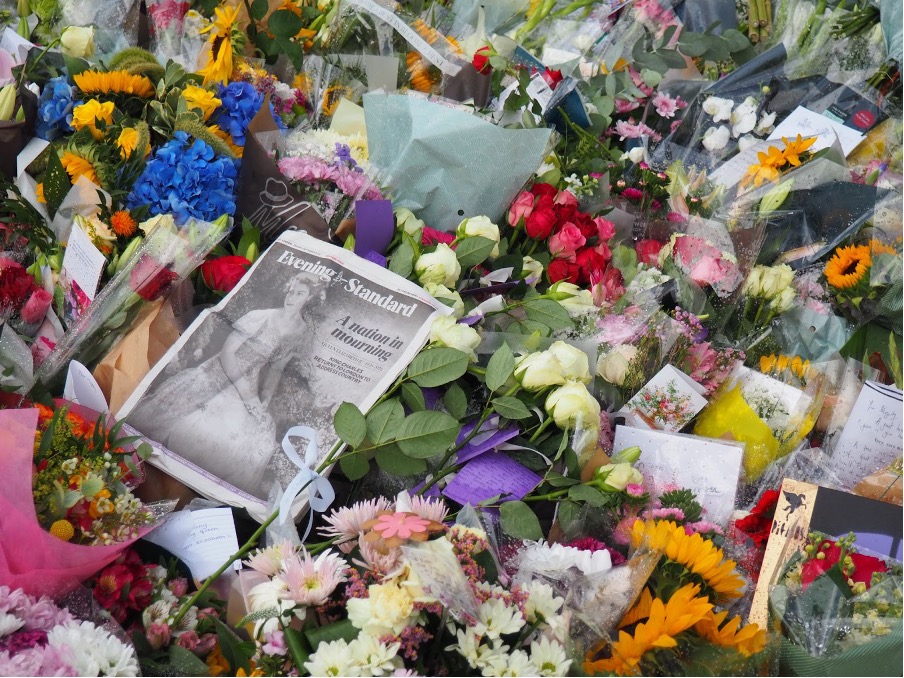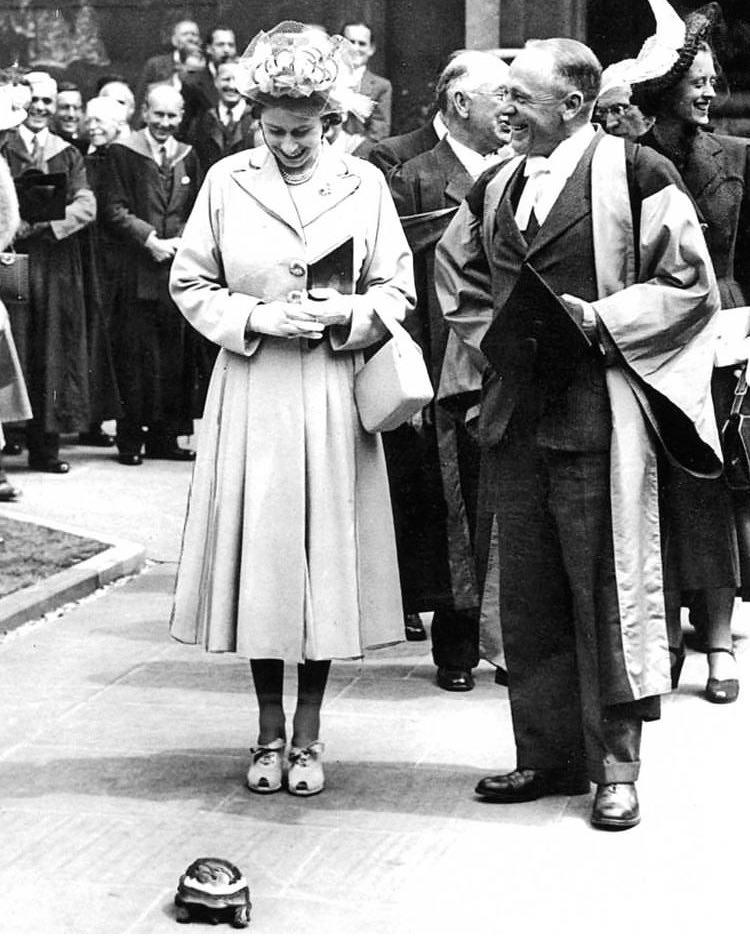Queen Elizabeth II’s funeral on Monday was packed with highly choreographed, magnificent and impressive ceremony. It was undeniably moving to see so many world leaders come together in Westminster Abbey to celebrate the life and mourn the death of such a historically significant woman. But, tainting the pomp and circumstance, delicately placed on top of the coffin, embellishing her crown and sceptre, the looted Koh-i-Noor diamond and ‘Great Star of Africa’, estimated at an unbelievable £350 million each, served as stinging reminders that the monarchy is more than just a harmless opportunity to indulge in the grandeur and glory of our shared national traditions. The monarchy has proven to be a uniting force for many, but it is also a harmful engine of division.
Naturally, then, Queen Elizabeth II’s legacy is a thorny, kaleidoscopic, and divisive one. For some, she was the shining embodiment of this nation, a paragon of dignified self-control and service, and the ultimate symbol of constant endurance. For others, she, and the monarchy, represented and continue to represent something starkly different. It is precisely for this reason that it is unfair and unreasonable to assume that we are all Elizabethans.
This is not, by any means, a cynical attempt to poison the national mood, nor is it a violent call for the guillotine. It is simply recognising that the Queen’s death, as a cosmic and consequential national turning point, seems to be an appropriate time and unparalleled opportunity to ask difficult yet fair questions about the nature of this country now and the role of the monarchy in it.
In light of this, it has been interesting to see what the monarchy looks like now, with Elizabeth gone. With the cost of the funeral, the security and the national reorganisation, it looks expensive. With the shocking arrests of republican protesters in the streets, it looks anti-democratic. With the spontaneous sacking of one hundred Clarence House staff during the church service to the queen, it looks ruthless. And with Prince Andrew, the new counsellor of state, allowed to wear military medals, it looks unlawful and no longer fit for purpose. What has become clear, amongst the divergence of public opinion, is that the monarchy always has, and always will, come first.
Nothing has made me more uncomfortable during this morning period, however, than the painful attention being drawn to the deep, deep inequalities choking this country to death. Throughout the funeral, which was the most expensive single-day operation in this country’s history, I found the excessive displays of obscene wealth and grandeur to be disturbingly tone-deaf. When we remember that bills will be up by 97% this year, or that the highest inflation in forty years is crippling families who are already facing the sharpest fall in pay in more than twenty years, all while King Charles III will not be paying inheritance tax on his mother’s £750 million estate, these grand displays of unimaginable royal wealth become, at best, distasteful, and, at worst, an insult.
And amidst all of this injustice, I have felt pressure and expectation to not only mourn the death of the late Queen but to celebrate her legacy. But, if her legacy requires cancelling hospital appointments, including cancer treatments, when 6.8 million people sit on NHS waiting lists, or closing Food Banks when 6.7 million people live in food poverty, then it is not something I want to celebrate. I will never understand why the obscenely wealthy are continually venerated while the obscenely poor starve to death. Paradoxically, this is social inequality in its rawest and yet its most accepted form. If this makes you angry, good. If it does not, then you need to pay more attention.
If you are an Elizabethan, feel free to mourn. But make sure to remember, that she was, and indeed still is, as much a symbol of constancy, security and endurance as she was of gross social inequality, unapologetic imperial brutality, and the flimsiness of our democracy. It is possible, and important, to remember that we can both celebrate, mourn and hope, while also recognising that no one deserves total exemption from accountability. Her legacy is a complex one, and this is something that both loyal monarchists and robust republicans must remember. So, please, weep for the Queen, but also weep for the other 12,000 people that are expected to die this winter. Weep because, in a fairer world, the money spent on the Queen’s funeral could have saved their lives. Weep because this country can, but will still fail to, protect the poorest and most vulnerable of us. There is no greater national tragedy than that.
Image credit: By Peter Trimming, CC BY-SA 2.0,






